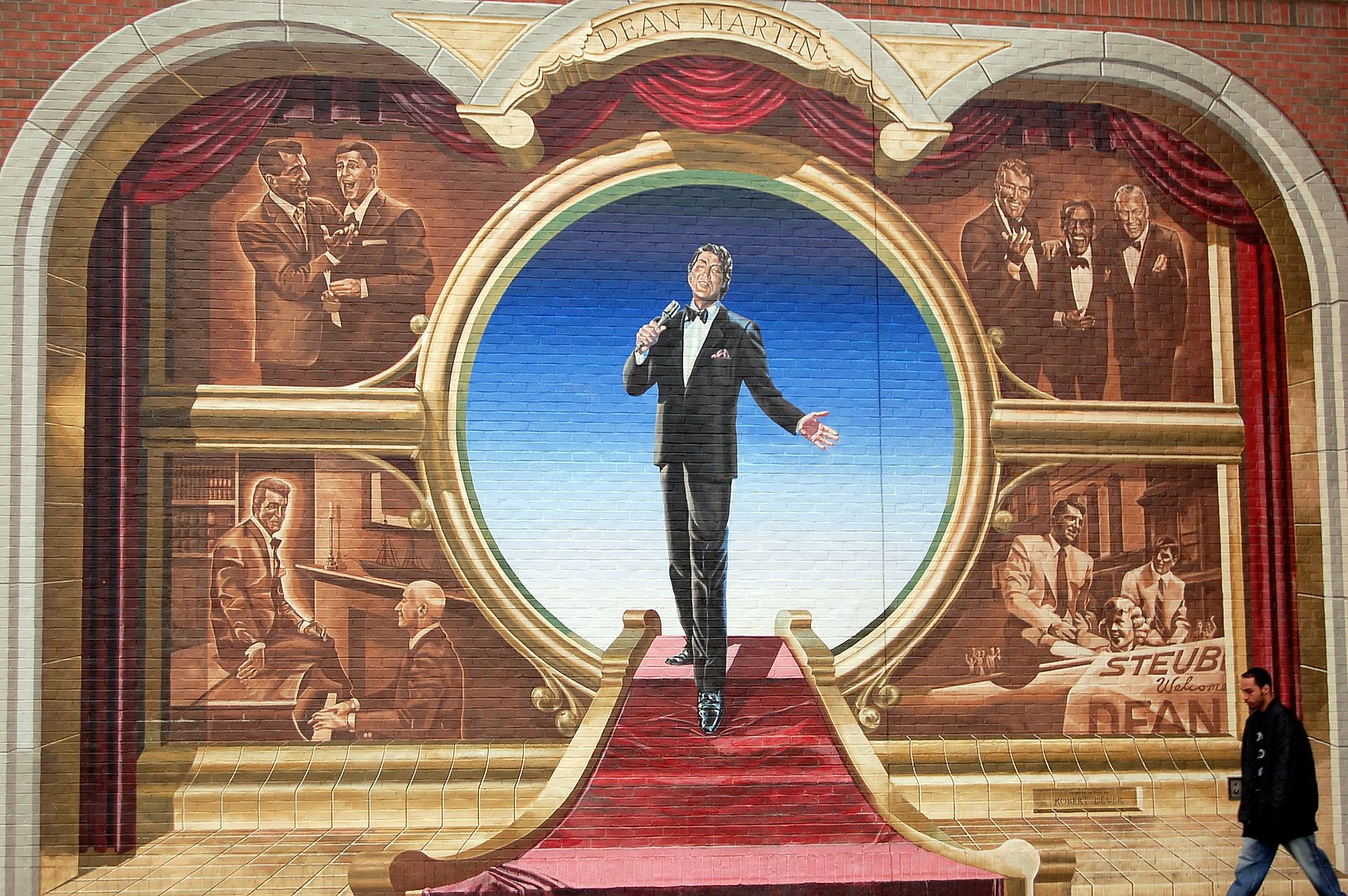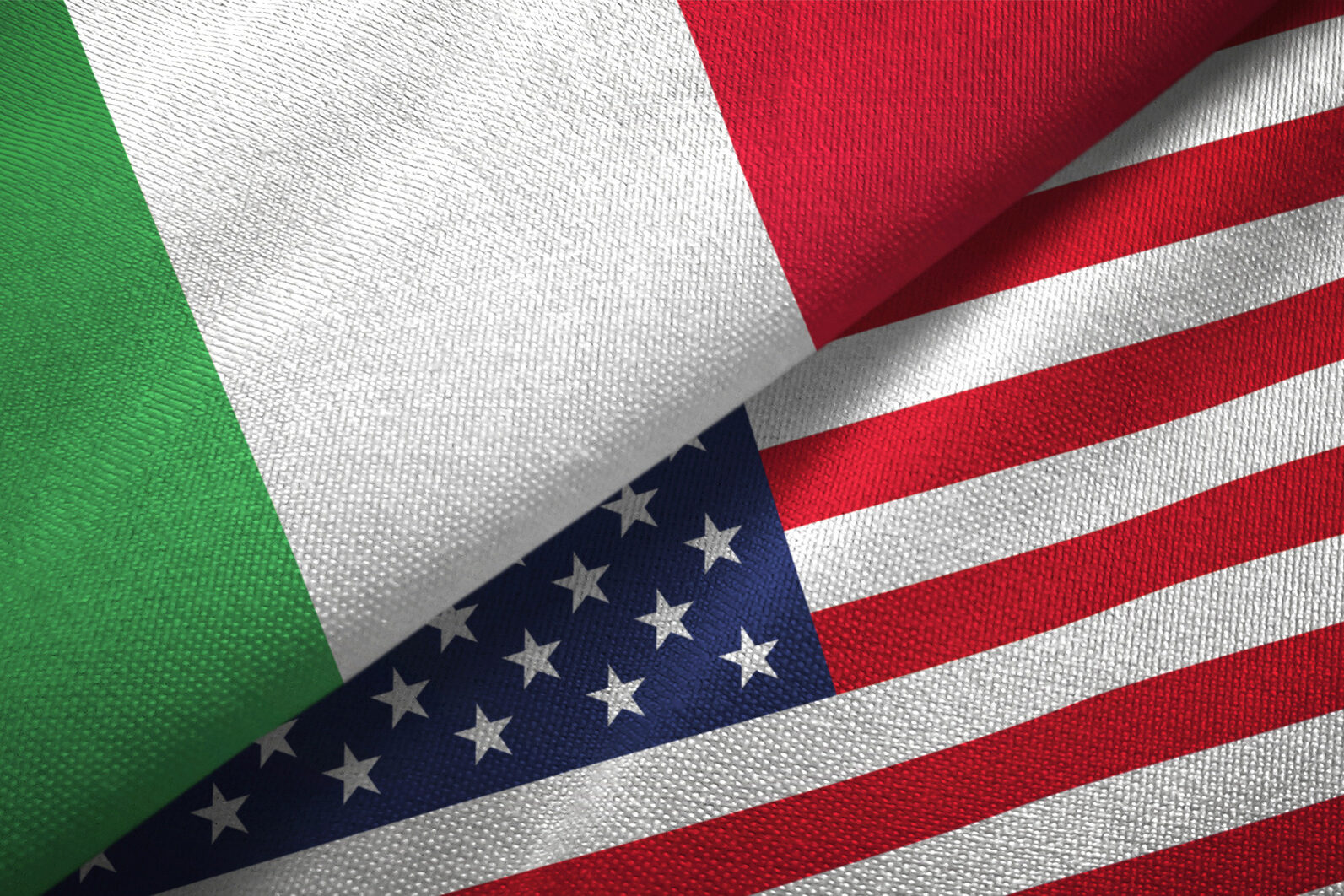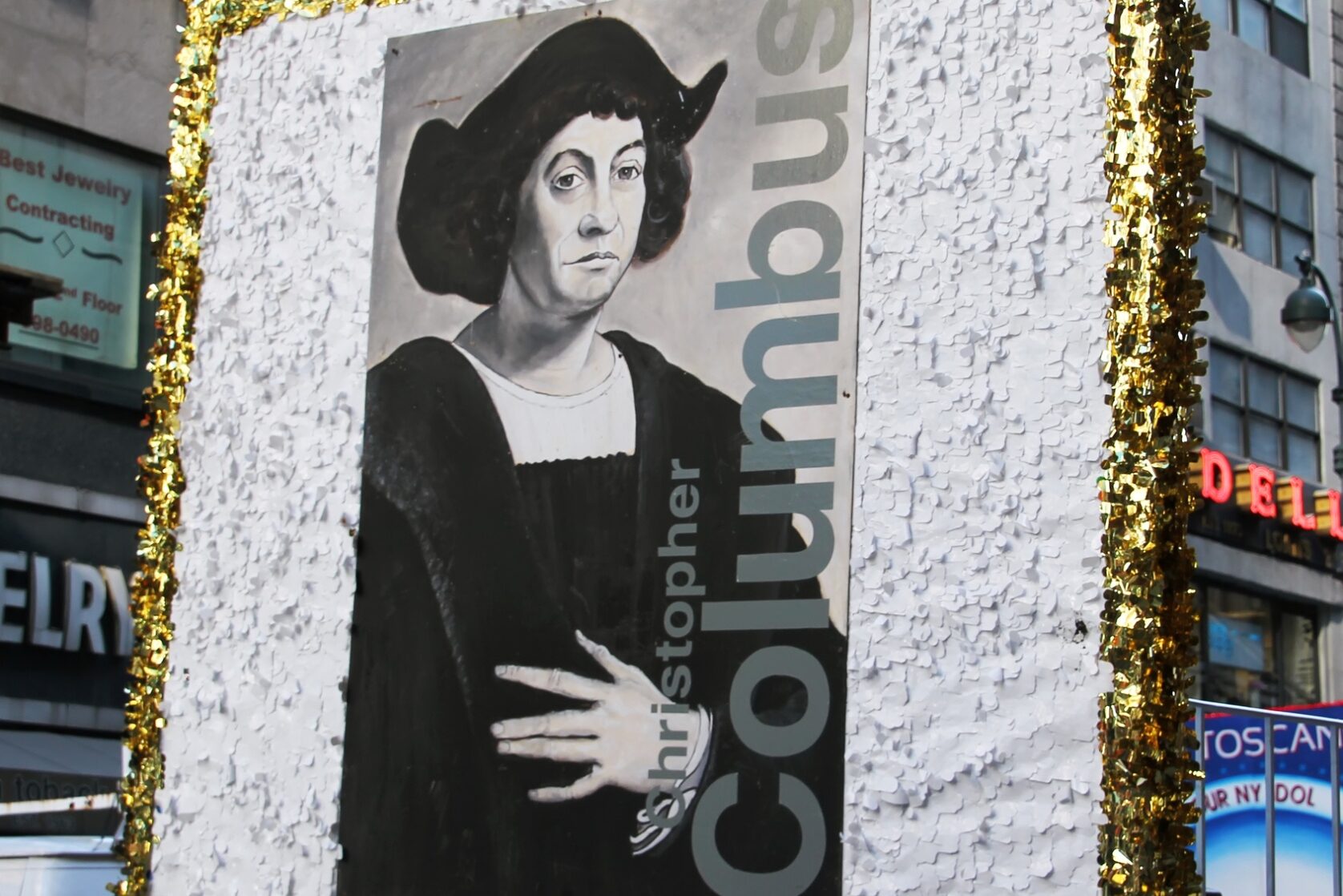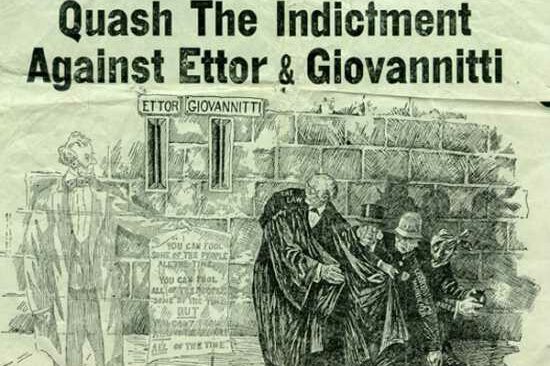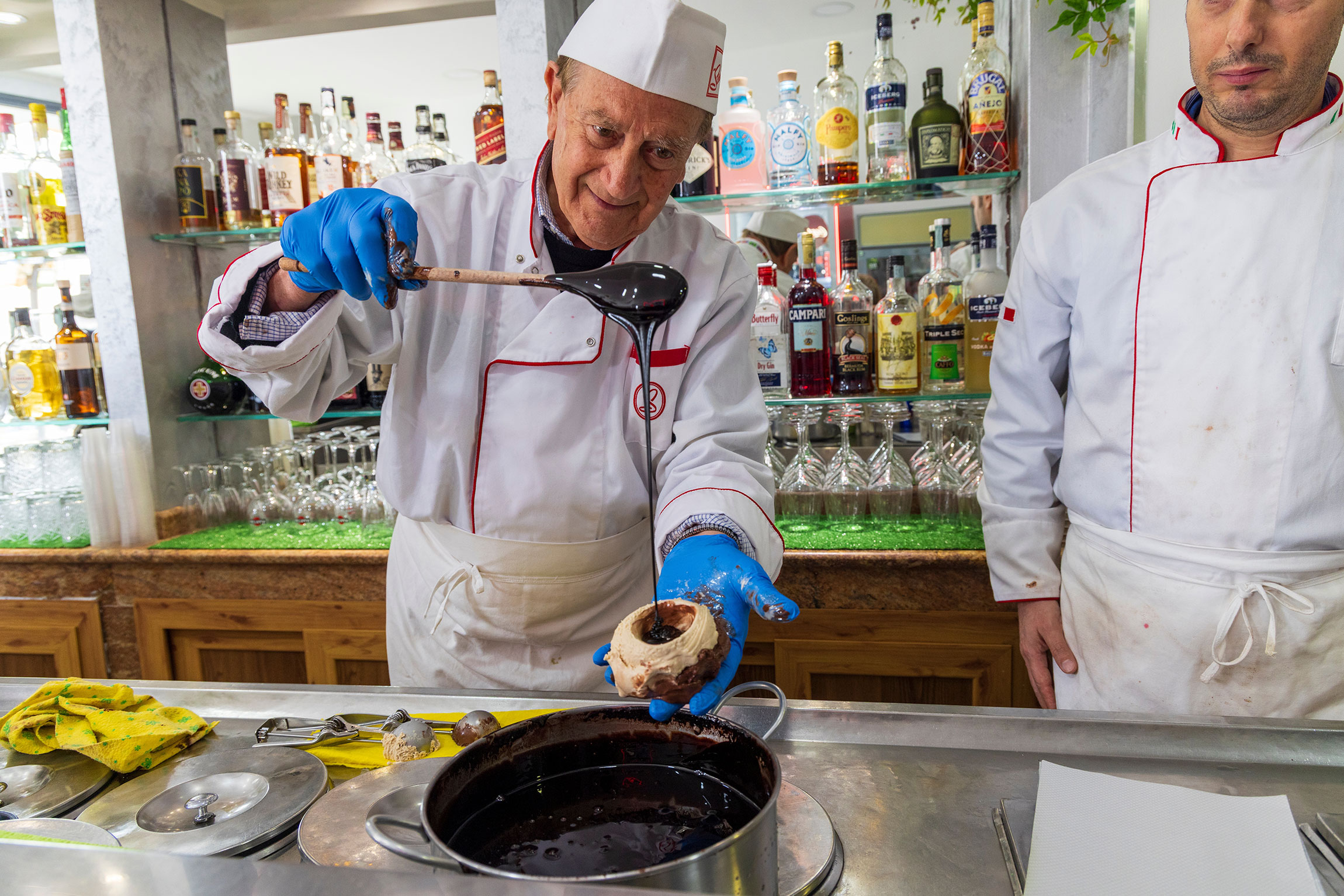Dear Readers,
Looking back, I noted that it was in December 1915 that one world-renowned singer-entertainer entered this world, and it was on December 25th, 1995, that another world-renowned singer-entertainer made his exit.
Since December is a month when presents play an important role in our lives, I want to pause and remember two Italian-Americans who shared their gifts of talent for over 50 years and brought much joy to the world.
**
Frank Sinatra arrived in Hoboken, New Jersey, on December 12th, 1915. He was the son of a prized fighter turned fire captain – a father who said “singing is for sissies”- and a dynamic mother, Dolly, who was active in district politics. After high school, he worked for a time as a copy boy for the Hudson Observer, then organized a singing group, the Hoboken Four. He won first prize on Major Bowes amateur hour, singing Night and Day, and was sent on a Bowes tour. Radio jobs followed, and one night, while he was acting as a singing emcee at a small club, Harry James called him and signed him to sing with his band at $75 a week. During an engagement in Los Angeles, Tommy Dorsey saw him and offered him $150. He accepted and sang with the Pied Pipers and, later, as a soloist.
In 1942, he struck out on his own and began attracting national attention. He had his own radio show, and by 1943, was featured on Your Hit Parade. When teenagers began to scream and swoon, he was booked into the Paramount Theater at $7500 a week. And when a girl who had stood in line for seven hours, and who had sat through several shows, fainted from hunger, the “swooning” fainting fad began.
Frank Sinatra’s displeasure with his distorted press coverage was often justified. Comedian Alan King, in his book Name-Dropping remembers: “There was a heavyweight fight in Stockholm, he was flying over there with some pals, and he wanted me to come along. I said, ‘Frank, I can’t. I’ve got to open in London the next day.’ About a week later, I picked up the London papers, and there was a picture of Sinatra and company at the fight. The caption under the picture read ‘Frank and his mafia bodyguards.’ I got hysterical. There was Martin Gable, four-foot-eight, with bad feet and chronic arthritis; Harry Mufson, the owner of the Eden Rock Hotel in Miami, recovering from his third angina attack; Prince Mike Romanoff, who was even smaller and sicker than Martin Gable; and the venerable Joe Louis, who just had half his stomach removed. Frank, surrounded by old men. Look at the mafia protection he had!”
Sinatra spoke via his songs directly to the hearts of people because he was a guy off the streets of Hoboken, New Jersey, who made it big. The American Dream. When Sinatra sang My Way, it spoke to the hearts of people. They knew he wasn’t kidding. He left us in 1998.
**
Dean Martin passed away on Christmas Day 1995. Born Dean Paul Crocetti on June 7, 1917, in Steubenville, Ohio, Martin, who spoke only Italian until the age of five, was ridiculed at school for his broken English. The son of immigrants Angela and Gaetano Crocetti, a barber, Dean dropped out of school at 16. He had a few amateur fights as “Kid Crochet” and became a croupier in a backroom club called The Rocks. He began singing around the Midwest, and by the early 1940s, he was a regular at New York’s City night spots. Untrained but gifted, Dean Martini, as he was known, imitated the easy, jazzy style of Bing Crosby.
The ten-year installation of Martin and Lewis at the pinnacle of showbiz began as an accident in 1946. When a performer who was ill canceled at the Tony 500 Club in Atlantic City, the pair, who were performing there separately, took the stage together: the riotous hour that followed made them sensations nearly overnight. The pair made their first film, My Friend Irma, in 1949, for producer Hal Willis. Through 15 more comedies, the money rolled in.
Dean rarely performed after 1976, but he enjoyed a daily cycle of golf at the Riviera Country Club in Palisades, California, a daily drink, and a Western on TV.
A series of personal losses pierced his devil-maker shell in 1987. His son, Dino Jr., aged 35, died when his F-4C Phantom Jet crashed into a mountainside on a training mission.
He began having dinner at his favorite Beverly Hills Italian restaurant La Famiglia almost every night. When the place closed, Martin simply switched destination to Da Vinci, arriving punctually at 7.30. His order never varied: a scotch on the rocks, followed by spaghetti with fresh tomato and basil, and creamy tiramisù for dessert. Then home to watch Western on TV.
Dino’s routine lasted until his Christmas Day passing at age 78.
Cari lettori,
Guardando indietro, ho notato che fu nel dicembre del 1915 che un cantante-intrattenitore di fama mondiale entrò in questo mondo, e fu il 25 dicembre 1995 che un altro cantante-intrattenitore di fama mondiale se ne andò.
Dato che dicembre è un mese in cui i regali giocano un ruolo importante nelle nostre vite, voglio fermarmi e ricordare due italo-americani che hanno condiviso per oltre 50 anni le loro doti talentuose e hanno portato tanta gioia al mondo.
**
Frank Sinatra nacque a Hoboken, nel New Jersey, il 12 dicembre 1915. Era figlio di un apprezzato combattente diventato capitano dei vigili del fuoco – un padre che diceva “cantare è per femminucce” – e di una madre dinamica, Dolly, che era un’attivista politica nel quartiere. Dopo il liceo, lavorò per un certo periodo come copista per l’Hudson Observer, poi organizzò un gruppo di canto, gli Hoboken Four. Vinse il primo premio nell’ora amatoriale del Maggiore Bowes, cantando Night and Day, e fu inviato in un tour di Bowes. Seguirono lavori radiofonici e una notte, mentre recitava come presentatore di canto in un piccolo club, Harry James lo chiamò e lo mise sotto contratto per cantare con la sua band per 75 dollari a settimana. Durante un fidanzamento a Los Angeles, Tommy Dorsey lo vide e gli offrì 150 dollari. Accettò e cantò con i Pied Pipers e, successivamente, come solista.
Nel 1942 si mise in proprio e iniziò ad attirare l’attenzione nazionale. Aveva il suo programma radiofonico e nel 1943 apparve in Your Hit Parade. Quando gli adolescenti cominciarono a urlare e a svenire, gli venne assegnato un posto al Paramount Theatre per 7.500 dollari a settimana. E quando una ragazza, che era rimasta in fila per sette ore e che aveva assistito a diversi spettacoli, svenne dalla fame, iniziò la moda degli “svenimenti”.
***
Il dispiacere di Frank Sinatra per la sua distorta copertura stampa era spesso giustificato. Il comico Alan King, nel suo libro Name-Dropping, ricorda: “Ci fu un combattimento di pesi massimi a Stoccolma, lui stava volando laggiù con alcuni amici, e voleva che ci andassi con lui. Ho detto: ‘Frank, non posso. Devo aprire a Londra domani’. Circa una settimana dopo, presi i giornali di Londra, e c’era una foto di Sinatra e compagni all’incontro. La didascalia sotto la foto diceva “Frank e le sue guardie del corpo mafiose”. Divenni isterico: c’era Martin Gable, alto un metro e ottanta, con i piedi malati e l’artrite cronica; Harry Mufson, il proprietario dell’Eden Rock Hotel di Miami, che si stava riprendendo dal suo terzo attacco di angina; il principe Mike Romanoff, che era ancora più piccolo e più malato di Martin Gable; e il venerabile Joe Louis, a cui era stato appena asportato metà dello stomaco. Frank, circondato da anziani. Altro che protezione mafiosa!”
Sinatra parlava attraverso le sue canzoni direttamente al cuore delle persone perché era un ragazzo delle strade di Hoboken, New Jersey, che aveva avuto successo. Il sogno americano. Quando Sinatra cantava My Way, parlava al cuore delle persone. Sapevano che non stava scherzando. Ci ha lasciato nel 1998.
**
Dean Martin morì il giorno di Natale del 1995. Nato Dean Paul Crocetti il 7 giugno 1917 a Steubenville, Ohio, Martin, che parlava solo italiano fino all’età di cinque anni, veniva ridicolizzato a scuola per il suo inglese stentato. Figlio degli immigrati Angela e Gaetano Crocetti, barbiere, Dean abbandonò la scuola a 16 anni. Fece alcuni combattimenti amatoriali come “Kid Crochet” e divenne croupier in un club di secondo piano chiamato The Rocks. Iniziò a cantare nel Midwest e all’inizio degli anni ’40 era un frequentatore abituale dei locali notturni di New York. Inesperto ma dotato, Dean Martini, come era conosciuto, imitava lo stile semplice e jazz di Bing Crosby.
La consacrazione decennale di Martin e Lewis al vertice del mondo dello spettacolo iniziò con un incidente nel 1946. Quando un artista malato si ritirò dal Tony 500 Club di Atlantic City, la coppia, che si esibiva lì separatamente, salì sul palco insieme: l’ora tumultuosa che seguì, fece scalpore quasi da un giorno all’altro. La coppia realizzò il primo film, My Friend Irma, nel 1949, per il produttore Hal Willis. I soldi arrivarono con altre 15 commedie.
Dean si esibì raramente dopo il 1976, ma gli piaceva fare un ciclo quotidiano di golf al Riviera Country Club di Palisades, in California, prendersi un drink e vedere un western in tv.
Una serie di perdite personali gli trafisse la corazza nel 1987. Suo figlio, Dino Jr., di 35 anni, morì quando il suo jet F-4C Phantom si schiantò contro una montagna durante una missione di addestramento.
Iniziò a cenare quasi ogni sera nel suo ristorante italiano preferito di Beverly Hills, La Famiglia. Quando il locale chiuse, Martin combiò semplicemente destinazione andando al Da Vinci, arrivando puntuale alle 7.30. Il suo ordine non variava mai: uno scotch con ghiaccio, seguito da spaghetti con pomodoro fresco e basilico e un cremoso tiramisù per dessert. Poi a casa a guardare il western in tv.
La routine di Dino durò fino alla sua scomparsa, il giorno di Natale, all’età di 78 anni.
